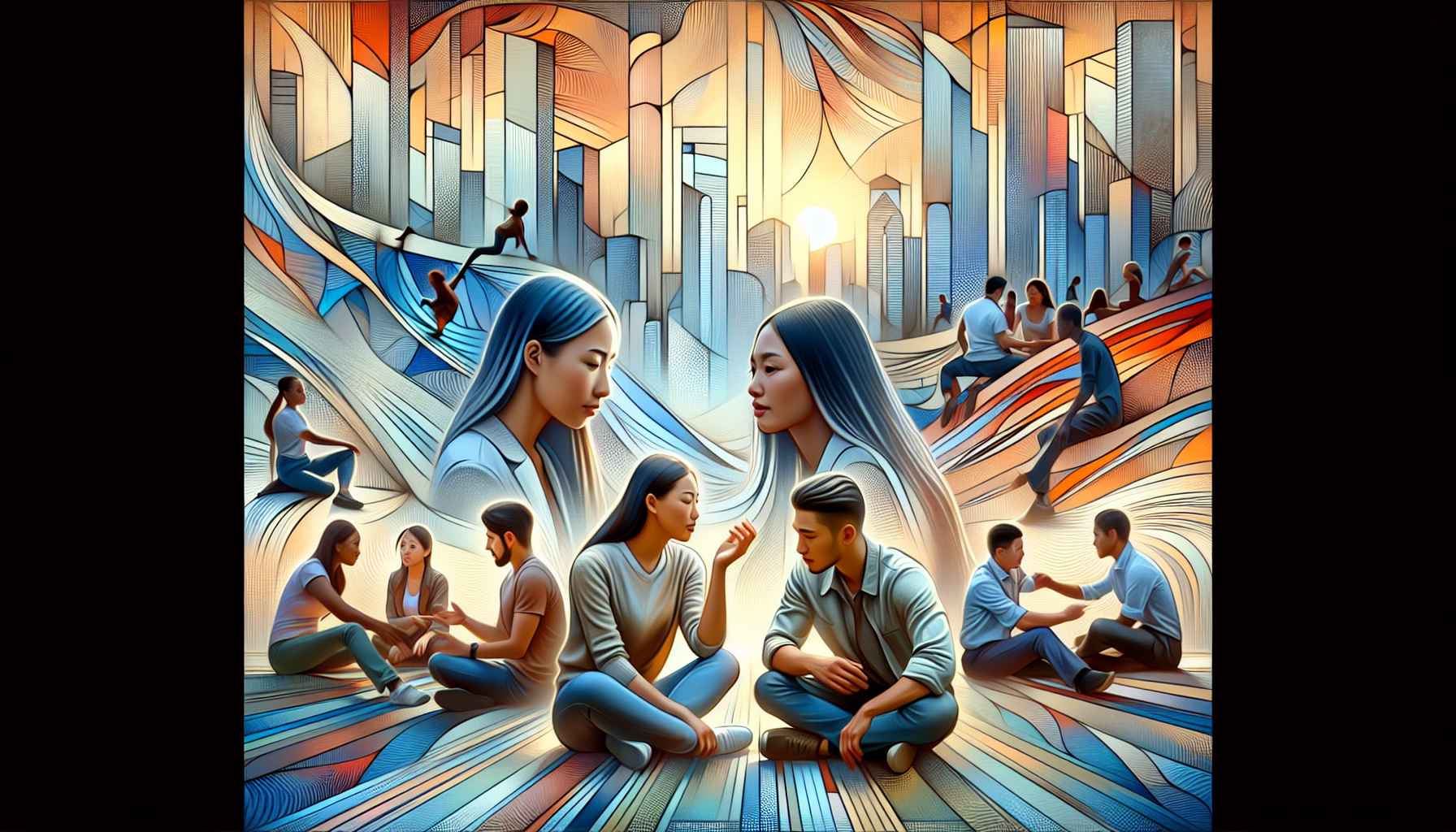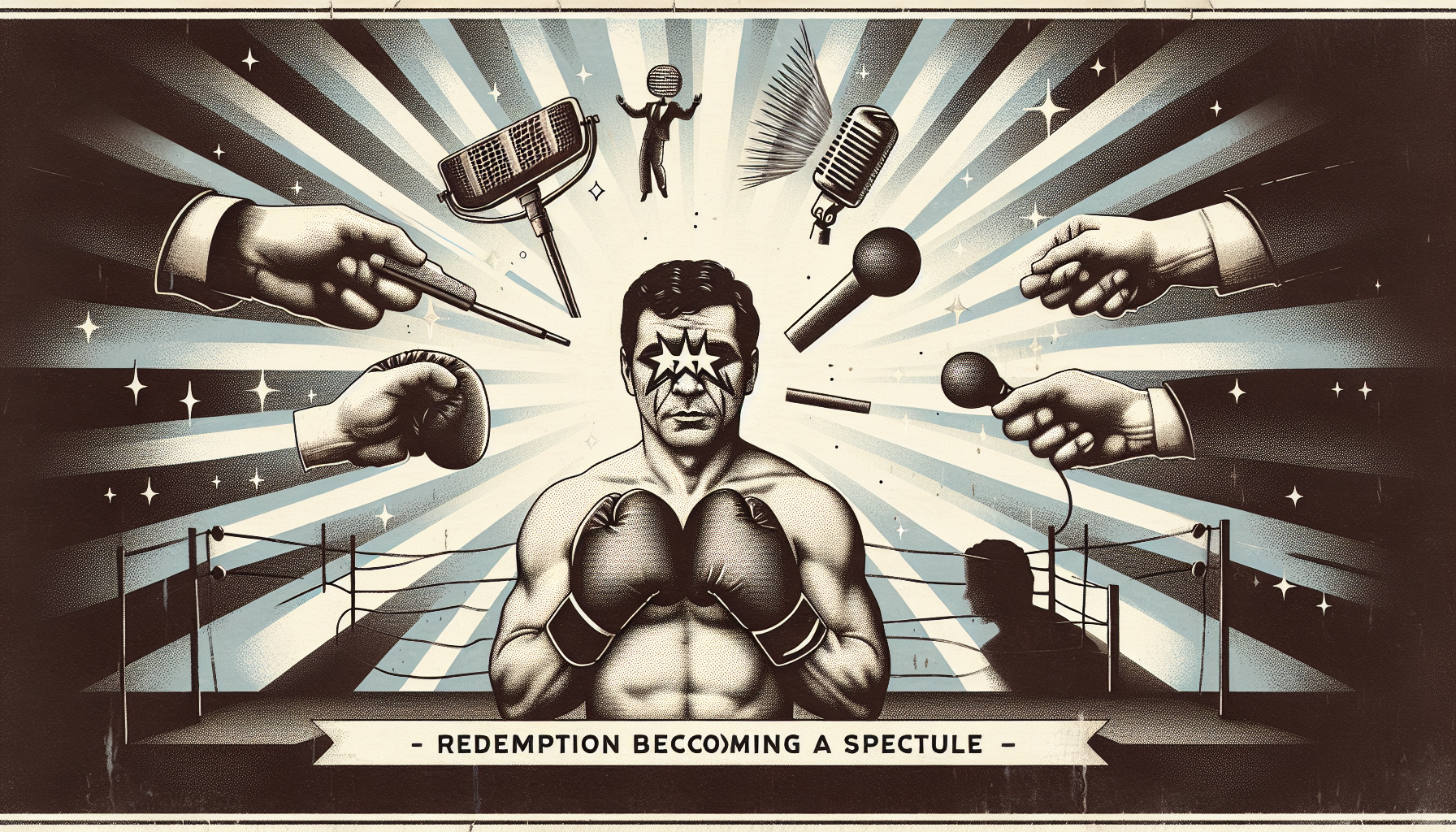Title: Bridging Hearts and Societies: China's Dating Camps and the Unwritten Stories of Modern Love
Dear readers,
In the bustling streets of urban China, under the neon glow of Chongqing's sprawling metropolis, a quiet yet profound evolution unfolds. It's less about skyscrapers and economic booms, and more about the poignant journey of millions of single men, caught in the crosshairs of cultural expectations and demographic realities. Here, it isn't the Great Wall that divides, but a staggering gender imbalance, one born of policies and preferred sons, that leaves 30 million men in the shadows of love's elusive promise.
Enter Hao and his unconventional dating camp—a place where love, identity, and societal pressure converge, creating a narrative both uniquely Chinese and universally human.
The Struggle Behind the Statistics
Our story starts not in the opulent halls of Beijing, but in the modest towns of rural China, where the echoes of the one-child policy still linger. Hao, the architect of this unusual haven, once walked the same paths as his clients: Wu, Li, and Zhou. These men, defined by their working-class roots and modest means, strive for something beyond societal labels and financial constraints—a connection that transcends transactional dating, a realm where they too can flourish.
In Violet Du Feng's eye-opening documentary, The Dating Game, we journey through a week-long transformation that is as much about self-worth as it is about romance. Hao's methods, stretching the boundaries of authenticity, echo a larger conversation about the authenticity we negotiate every day online.
Digital Facades and Genuine Journeys
In digital mirrors reflecting idealized lives, the men under Hao's tutelage face an uncomfortable truth: what does it cost to wear a mask, however temporary, in the pursuit of companionship? When Zhou questions the integrity of his online persona, feeling the dissonance between projection and reality, it sparks a reflection on the universal digital dance we all partake in.
Yet, even as the men grapple with altered identities, there is an undeniable power in the metamorphosis they undergo. Donning confidence like a well-fitted jacket, their quests spill onto Chongqing's vibrant streets in search of kindred spirits—a reminder that the greatest adventures often lie within.
Cultural Expectations and Personal Evolution
Dr. Zheng Mu from the National University of Singapore encapsulates the weight these men bear: the expectation to be marriageable, to be providers, to fulfill roles steeped in tradition yet tested by modernity. The pressure is palpable, the mental toll significant. As Zhou laments the economic chasms that yawn before them, we understand that their struggle isn't just about finding love, but about reclaiming their narrative.
Yet amidst societal constraints, there is a poignant reminder of resilience. Joining the army, an avenue for transcending class boundaries, becomes a beacon of hope—a testament to their determination to redefine their destiny.
Hope in the Hues of Humanity
While The Dating Game refrains from exploring the experiences of gay men in China, it doesn't shy away from painting a vivid portrayal of loneliness amid bustling lives. For women, virtual boyfriends emerge as a balm, offering idealized interactions without the weight of reality. It's a phenomenon symptomatic of a society where genuine emotional connections are often buried beneath the pressures of relentless progress.
Du Feng's documentary isn't merely a lens into China's dating quagmire; it is a mirror reflecting our global quest for authentic connections in an age saturated with digital dazzle. As Hao encourages self-love, suggesting that confidence can be as attractive as any curated profile, we see a hopeful message unfold.
A Universal Narrative of Connection
In the end, The Dating Game isn't just about finding a partner—it's about finding oneself and the courage to be seen. Du Feng, through her lens, captures the warmth of collective struggle, the solace of shared journeys, and the enduring power of human connectivity.
As we bid farewell to Hao's camp, leaving behind the glittering city lights for now, we're left with a resonant message: perhaps in this modern dating odyssey, it isn't just about breaking through societal expectations, but embracing the stories we choose to write for ourselves.
Until next time—seek authenticity, not artifice.
Yours in narrative and nuance,
A Chronicler of Heartfelt Journeys

